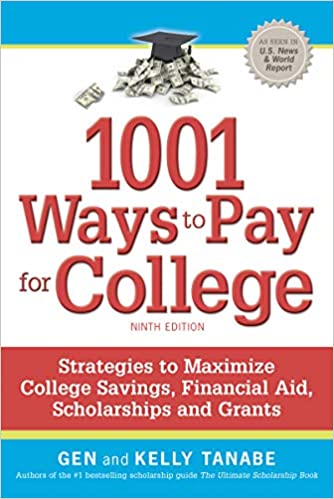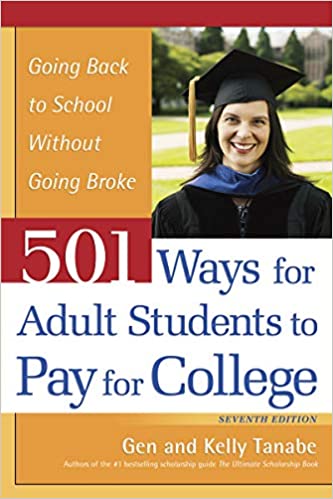4
Deduct your tuition and fees.
Tax deductions are not as good as tax credits, but they do reduce your taxable income, which means you will still pay less taxes. A deduction for education can be taken on money that you used to pay for tuition and fees. This can be the tuition that you paid either for yourself, a spouse or a dependent child. You can deduct up to $4,000 of tuition expenses (not room and board or other expenses) that you paid for each student as long as you are not also claiming a Hope or Lifetime Learning credit on the student. This is part of the "no double-dipping" rule, which also means that you cannot deduct any tuition expenses that you paid with tax-free money such as funds from Coverdell, scholarships or 529 Savings Plans.
To claim an education tax deduction, you must again meet income requirements. A single taxpayer with a modified adjusted gross income (MAGI) of $65,000 or less or a couple filing jointly with an MAGI of $130,000 or less can take the deduction. If the MAGI is between $65,000 and $80,000 ($130,000 and $160,000 married filing jointly), the maximum deduction is $2,000.
Since the income limits for this deduction are higher than those of the Hope or Lifetime Learning credits, some taxpayers find that even though they do not qualify for the tax credits, they can still take a deduction on tuition costs.
5
Deduct your student loan interest.
All student loan interest that you pay is tax deductible up to $2,500 per year. The loan must have been used for qualified higher-education expenses, including tuition, fees, room and board, supplies and other related expenses. The maximum allowable deduction is gradually reduced for single taxpayers whose modified adjusted gross income exceeds $50,000 but is below $65,000 and for married taxpayers filing jointly whose MAGI exceeds $105,000 but is below $135,000.
You can usually count as interest the loan-origination fees (other than fees for services), capitalized interest, interest on revolving lines of credit and interest on refinanced student loans, which include both consolidated loans and collapsed loans. You can also count any voluntary interest payments that you make. To claim the deduction, you will need to get Form 1098-E from your lender or loan servicer.
6
Know that educational benefits from your employer may be tax free.
If you have a generous employer, you might be able to receive up to $5,250 a year of tax-free educational assistance benefits. This means that you may not have to pay tax on amounts your employer pays for your education, including payments for tuition, fees and similar expenses, books, supplies and equipment. The funds can be used for both undergraduate and graduate-level courses that do not have to be work related. However, you cannot use any of the tax-free education expenses paid for by your employer as the basis for any other deduction or credit, including the Hope and Lifetime Learning credits.
7
Cash in your government bonds tax free.
If you cashed in a government savings bond to pay for qualified educational expenses, you may be able to exclude the interest earned from your federal income taxes. The key is that you must have purchased a series EE bond issued after 1989 or the series I bond. The bond must be issued either in your name or in the name of both you and your spouse. You must have been at least 24 years old at the time that you purchased the bond, and it cannot have been a gift to your child or be in his or her name.
If you meet these requirements and your modified adjusted gross income is less than $63,100 if filing a single return or $94,700 if filing a joint return, you can deduct the interest used to pay for tuition. If your modified gross income is higher than these amounts but below $78,100 for single filers and $124,700 for joint filers, then you will still be able to exclude a portion of the interest. You will need to file Form 8815 to calculate your education savings bond interest exclusion.



